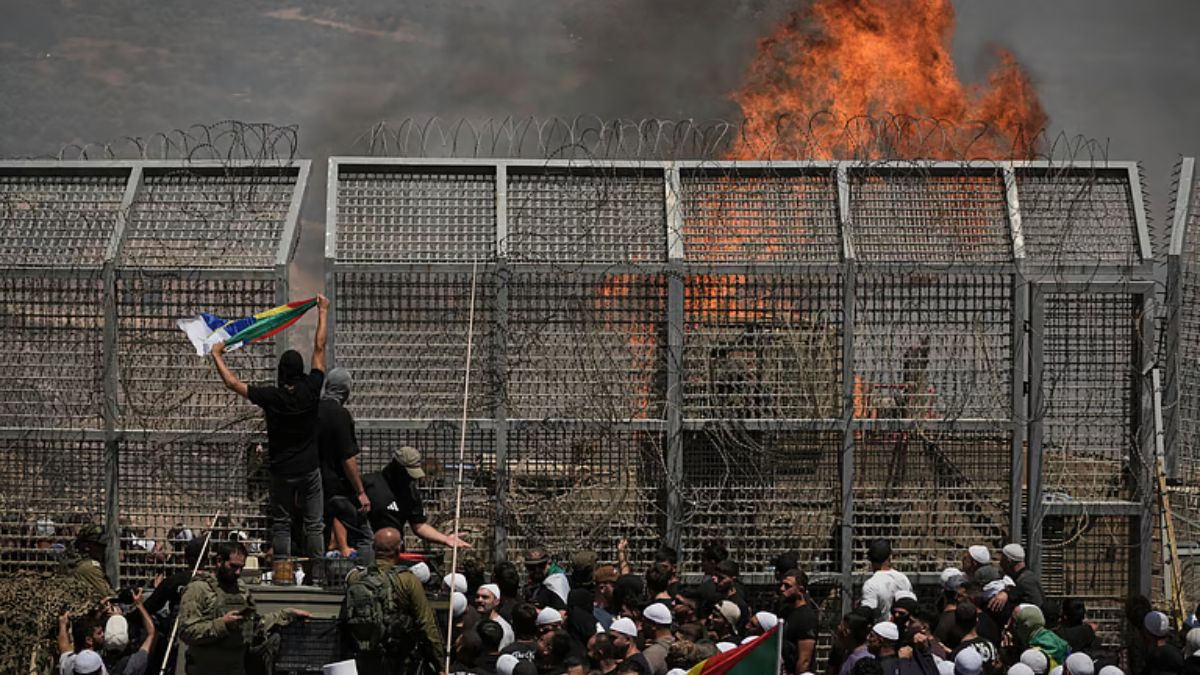Despite the announcement of a ceasefire, the number of fatalities from the recent wave of violence in Syria’s Sweida province has climbed to 940, according to the Syrian Observatory for Human Rights.
The Observatory reported that the dead include 326 Druze fighters and 262 Druze civilians, with 182 of the civilians allegedly executed by members of the defence and interior ministries. On the other side, 312 security personnel from the government and 21 Sunni Bedouins were killed, including three civilians said to have been executed by Druze fighters. An additional 15 Syrian troops reportedly died in Israeli airstrikes.
Syria’s interim president Ahmad al-Sharaa has called on the Sunni Bedouin tribes to fully adhere to the ceasefire, aimed at halting deadly confrontations with Druze-affiliated militias that have claimed hundreds of lives and put the country’s fragile post-conflict transition at risk.
Government forces, initially deployed to stabilise the situation but seen to be siding with the Bedouins, were later repositioned to stop a renewed outbreak of violence late Thursday in the southern region. The clashes also triggered Israeli air raids targeting Syrian military positions before the truce was announced.
In a second televised speech since the conflict erupted, al-Sharaa accused “armed factions from Sweida” of escalating tensions by launching retaliatory strikes on Bedouin communities. He also warned that Israeli involvement had “pushed the nation into a perilous phase.”
Israel had launched dozens of airstrikes on convoys of government fighters and even struck the Syrian Defense Ministry headquarters in central Damascus, saying it was in support of the Druze, who form a substantial community in Israel and are seen as a loyal minority, often serving in the Israeli military.
Impact Shorts
More ShortsReports had surfaced of Syrian government-affiliated fighters executing Druze civilians and looting and burning homes over the four-day violence.
US envoy to Syria, Tom Barrack, announced that Israel and Syria had agreed to a ceasefire early Saturday. Al-Sharaa made no direct reference to the agreement in his speech, but said “American and Arab mediations stepped in” to restore calm.
Addressing the Bedouins, al-Sharaa said they “cannot replace the role of the state in handling the country’s affairs and restoring security.” He also said: “We thank the Bedouins for their heroic stances but demand they fully commit to the ceasefire and comply with the state’s orders."
Meanwhile, a prominent Druze leader, Sheikh Hikmat Al-Hijri, who opposes the current government and has distanced himself from the two ceasefires announced on Tuesday and Wednesday, said an agreement, brokered under the sponsorship of guarantor states, has several measures aimed at de-escalating tensions in Suweida.
This includes the deployment of General Security checkpoints outside the province’s administrative borders to contain clashes and prevent infiltration, a 48-hour ban on entry by any party into border villages, and safe, guaranteed passage for remaining members of the Bedouin tribes still inside the province.
Sharaa reiterated that Suweida “remains an integral part of the Syrian state, and the Druze constitute a fundamental pillar of the Syrian national fabric," vowing to protect all minorities in Syria.
He also thanked the United States for its “significant role in affirming its support for Syria during these difficult times,” as well as Arab countries and Turkey, who mediated Wednesday’s truce.
More than half of the roughly 1 million Druze worldwide live in Syria. Most of the other Druze live in Lebanon and Israel, including in the Golan Heights, which Israel captured from Syria in the 1967 Mideast War and annexed in 1981.
With inputs from agencies


)

)
)
)
)
)
)
)
)



